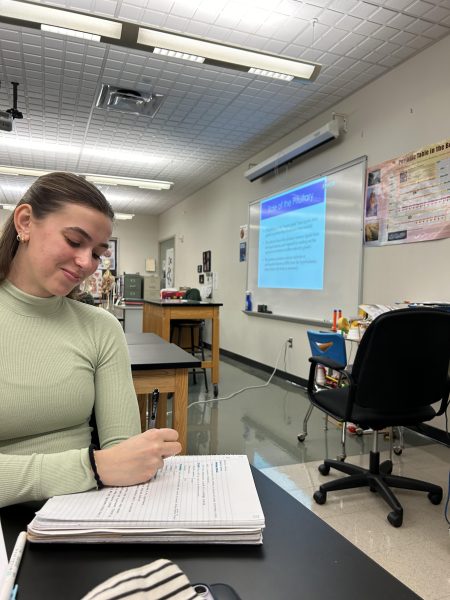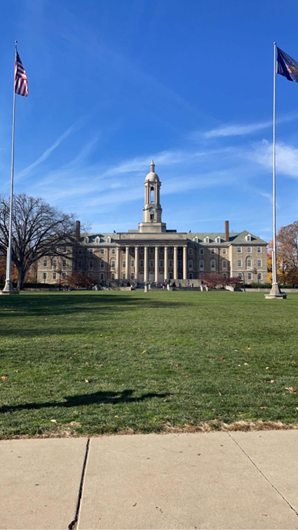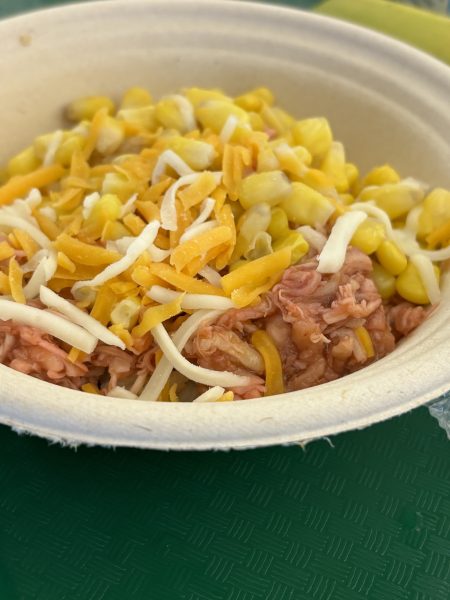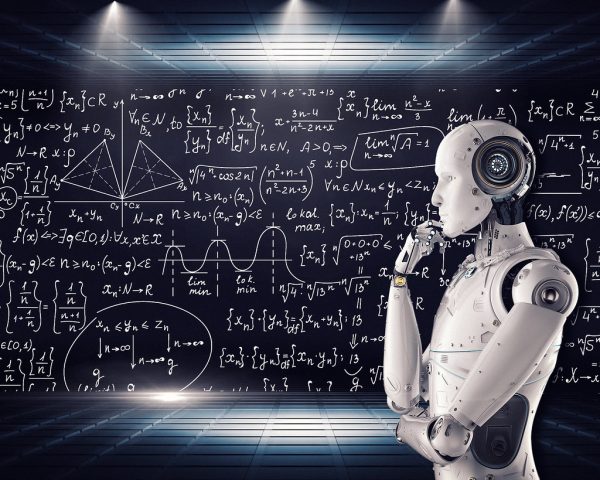Clone the Family Dog!
We’ve all wanted to clone our beloved pets or have a pet t-rex in the living room, but is that even a possibility? Can we go a step further and clone humans? If it is possible the question still remains on whether or not it is ethical to do so. When most people think of cloning, they think of a science fiction movie where a clone does all your chores or goes to work for you when in reality cloning is much different from that portrayed in movies.
Cloning is the scientific technique of creating an exact genetic copy of a living organism. Genes, cells, tissues, and even whole animals can all be cloned. Bacteria use a form of cloning to multiply and reproduce copies of itself. Animals such as sheep and beagles have been clones as well as cows, cats, deer, horses, and rabbits.
Cloning can be done in many ways but there are two main types. The first type is embryo twinning. Scientists will split an embryo in half and the two halves are placed into a mother’s uterus and each part of that embryo will develop into two unique animals who share the same genes. This process is similar to that of naturally formed identical twins. The second type of cloning is somatic cell nuclear transfer. In this type, scientists transfer the DNA from an animal’s somatic cell into an egg cell that has had its nucleus and DNA removed. The egg will then develop into an embryo that will contain the same genes as the cell donor. The embryo is then implanted into a surrogate mother’s fetus to grow.
The first ever animal to be cloned was a sheep named Dolly. With each attempt to clone an animal there can be genetic mistakes that can prevent the clone from surviving. In Dolly’s case, it took 267 attempts to successfully make Dolly.
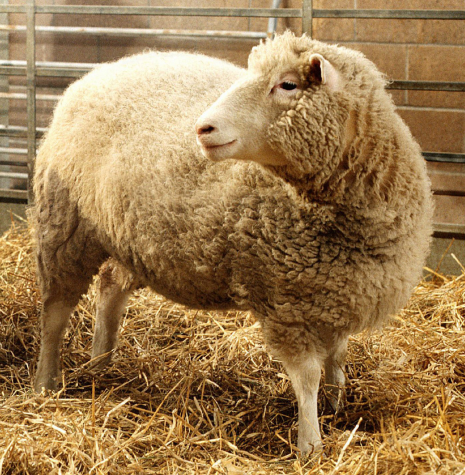
Although cloning sounds like a futuristic wonder, there are many concerns on both sides for and against cloning. There are many things to consider when cloning any form of life. Cloning has many uses and purposes other than making a copy of someone or an animal. The gene mutations caused by cloning can help scientists study diseases that develop in animals. Cloning can also create livestock like cows and pigs to produce more milk and meat, “bring back” a lost pet, bring back an endangered or extinct species, help aid in human antibody production and stem research, clone cells, organs and tissues, etc. One Pennridge student, Ryan Iannuzzi, who is for cloning stated “I think it would be good because it is important to make scientific discoveries. People may be creeped out by it, but it may be the future.”
Although there are many scientific improvements and research that could be done through cloning there are still many ethical concerns. The process is still very risky and not full proof. It still requires many attempts to get right and can lead to many lost lives. People also argue that animals should be held to the same ethical considerations as humans. The FDA has said “(Somatic cell nuclear transfer) can pose an increased frequency of health risks to animals involved in the cloning process, but these do not differ qualitatively from those observed in other (assisted reproductive technologies) or natural breeding.” Around 64 percent of Americans are uncomfortable with animal cloning and only 22 percent are comfortable with it, states a 2006 report by Pew. Amanda Fravel, another student at Pennridge, agreed saying, “I think the ethical concerns outweigh the scientific improvements. Like I said there is too much that we don’t know about it.” Overall cloning can be used to improve modern medicine and improve our understanding of science but for now, it is too risky and there is much we do not know about.
Grace Rabago, Grade 12. Interests/hobbies include skiing, ice hockey school and club, rollerblading, and listening to music. Grace plans to graduate and...


